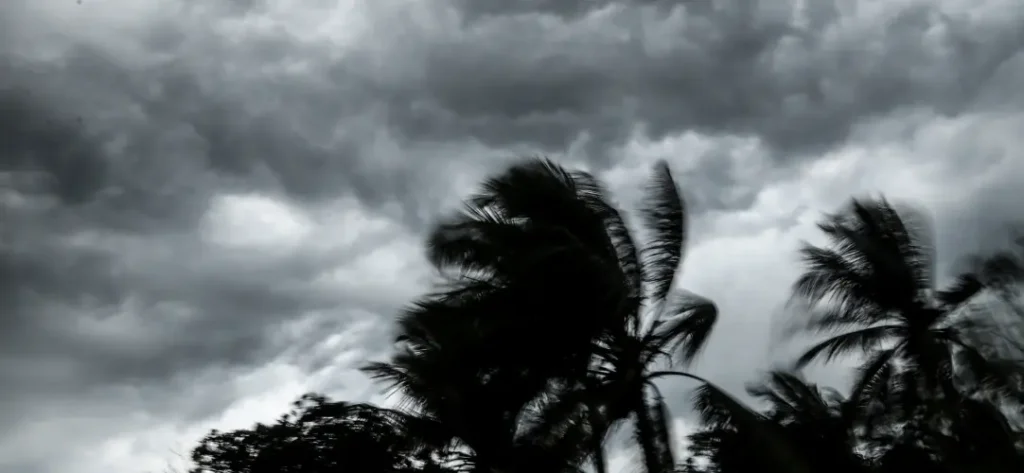
Natural disasters take a significant mental health toll – Beyond physical destruction, disasters cause anxiety, fear, helplessness, and emotional exhaustion, even for those not directly affected. The uncertainty and constant media exposure can heighten distress.
The Six Ps for mental well-being – Just like emergency preparedness, mental health requires proactive care: Pause (limit distressing news), Practice Gratitude, Plan (for safety and support), Protect (set emotional boundaries), Practice Self-Compassion, and Prioritise Connection with others.
Resilience and collective support are key – While disasters are unpredictable, mental resilience helps individuals and communities cope. Seeking support from loved ones, professional resources, and organisations like Beyond Blue and Lifeline can provide strength and guidance.
Professor Frances Kay-Lambkin, CEO and Institute Director at Hunter Medical Research Institute (HMRI), a registered Psychologist and mental health researcher
As Australians, we are no strangers to the devastating impact of natural disasters. From bushfires to cyclones, these events remind us of how quickly life can change. In the first few months of 2025, we have already witnessed the chaos in Los Angeles, where wildfires destroyed homes and lives, major floods in Brazil and the Appalachian, earthquakes in Tibet and Vanuatu and closer to home major flooding in Queensland’s north.
And now Cyclone Alfred is bearing down on the Southern Queensland and Northern New South Wales coast.
These disasters are timely reminders of how unpredictable life can be, and how important it is to take care of our mental health in times of crisis. While we cannot control the forces of nature, we can take steps to protect our well-being, helping ourselves and others cope with uncertainty and loss.
The Psychological Toll of Natural Disasters
Just this morning, an email arrived in my in-box with the headline – Service Alert: Temporary Shipment Delays due to Severe Weather. This one is dangerously close and suddenly very real, not just blasted at us from various media outlets and far from home.
When disaster strikes, whether we are directly affected or watching from afar, it can bring an overwhelming mix of emotions: fear, anxiety, sadness, helplessness, and even survivor’s guilt. Natural disasters disrupt not just landscapes but also our sense of security, leaving many feeling vulnerable and powerless.
The immediate aftermath of a disaster often focuses on physical recovery: rebuilding homes, restoring power, and providing emergency relief. But emotional recovery is just as critical. The uncertainty that follows; wondering if a fire will reach your town, if a cyclone will intensify, or if loved ones are safe, can take a serious toll on mental health.
Even those who are not directly affected can experience stress and emotional exhaustion from ongoing media coverage. Seeing images of burning homes or flooded streets can trigger past traumas, heighten anxiety, and make the world feel like a fragile, unpredictable place.

Six Ps for Mental Health During Natural Disasters
Just as we prepare emergency kits for physical safety, we must also take steps to protect our mental health.
Inspired by the “Six Ps of Evacuation” used in disaster preparedness, I recommend these Six Ps for Mental Well-Being:
Building Resilience in an Uncertain World
Natural disasters remind us of life’s unpredictability, but they also highlight the power of resilience and collective strength. Taking care of our mental health allows us to better support not only ourselves but also those around us.
If you are struggling, know that you are not alone. Help is available. Contact Beyond Blue at 1300 22 4636 or Lifeline on 13 11 14 for 24/7 support. You can also visit eclipse.org.au for more resources.
While we cannot stop fires from burning or cyclones from forming, we can stand together, support one another, and move forward with strength and compassion.
In times of uncertainty, resilience is our greatest tool.